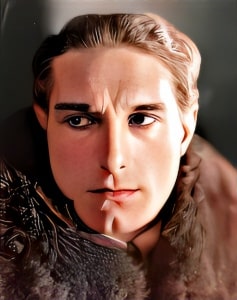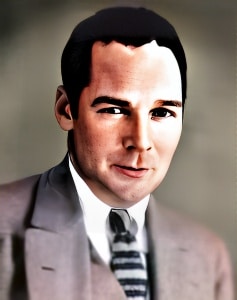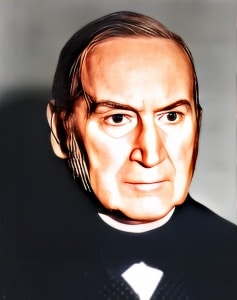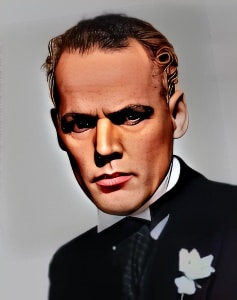 Kenneth Casey, a multifaceted talent with a career that traversed the realms of acting, music composition, publishing, and authorship, left an indelible mark on the entertainment landscape.
Kenneth Casey, a multifaceted talent with a career that traversed the realms of acting, music composition, publishing, and authorship, left an indelible mark on the entertainment landscape.
Born on January 10, 1899, in New York City, Casey’s early foray into the world of entertainment began as a child movie star during the formative years of silent films.
In the burgeoning era of cinema, Casey emerged as a notable child actor, making a significant impact with over thirty film appearances for Vitagraph Studios from 1909 to 1913. Collaborating with a young Moe Howard in the 1909 film “We Must Do Our Best,” Casey shared the screen with a talent who would later attain fame as one of The Three Stooges. These early experiences in front of the camera set the stage for Casey’s future ventures in the entertainment industry.
Transitioning into the realm of music, Kenneth Casey achieved enduring recognition for his role in crafting the lyrics to “Sweet Georgia Brown” in 1925. This timeless composition, with Casey’s lyrical prowess, became a jazz and popular music standard. The infectious melody and memorable lyrics have ensured the song’s lasting popularity, making it a cultural touchstone that transcends generations.
Beyond his accomplishments in the music industry, Casey’s versatility shone through in the realm of acting. His involvement in the 1911 film adaptation of Charles Dickens’ classic novel, “ A Tale of Two Cities,” demonstrated his ability to seamlessly transition between different forms of entertainment. Portraying the Duke’s son in this cinematic rendering showcased Casey’s early acting prowess and hinted at the diverse talents that would define his career.
Kenneth Casey’s journey from a child star in silent films to a revered figure in the music industry is a testament to his adaptability and creative breadth. The enduring legacy of “Sweet Georgia Brown” and his role in the cinematic adaptation of a literary classic underscore Casey’s enduring impact on cultural expression.
In addition to his artistic pursuits, Casey ventured into the world of publishing and authorship, further showcasing his diverse skill set. His contributions to multiple facets of the entertainment industry marked him as a true polymath, leaving an indelible imprint on the cultural landscape of his time.
As a composer, publisher, actor, and author, Kenneth Casey’s legacy is woven into the fabric of entertainment history. His ability to navigate and excel in various creative domains speaks to his enduring influence and the timeless appeal of his contributions to the world of arts and culture. Kenneth Casey died August 10, 1965.

 Kenneth Casey, a multifaceted talent with a career that traversed the realms of acting, music composition, publishing, and authorship, left an indelible mark on the entertainment landscape.
Kenneth Casey, a multifaceted talent with a career that traversed the realms of acting, music composition, publishing, and authorship, left an indelible mark on the entertainment landscape.


